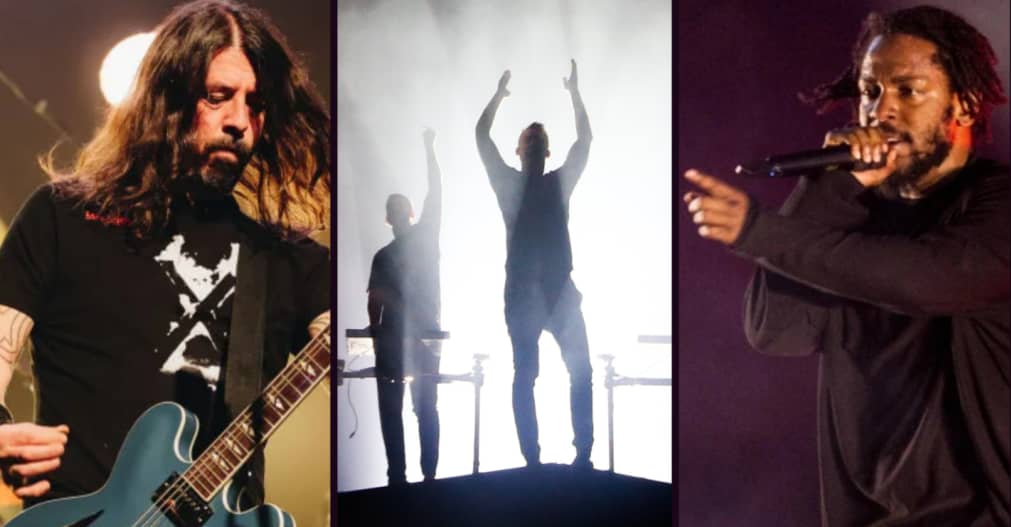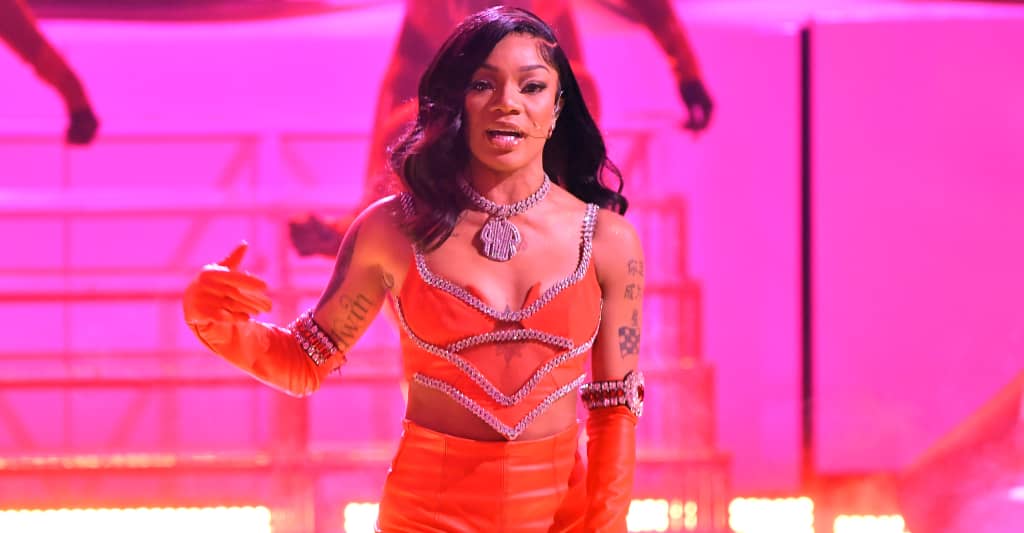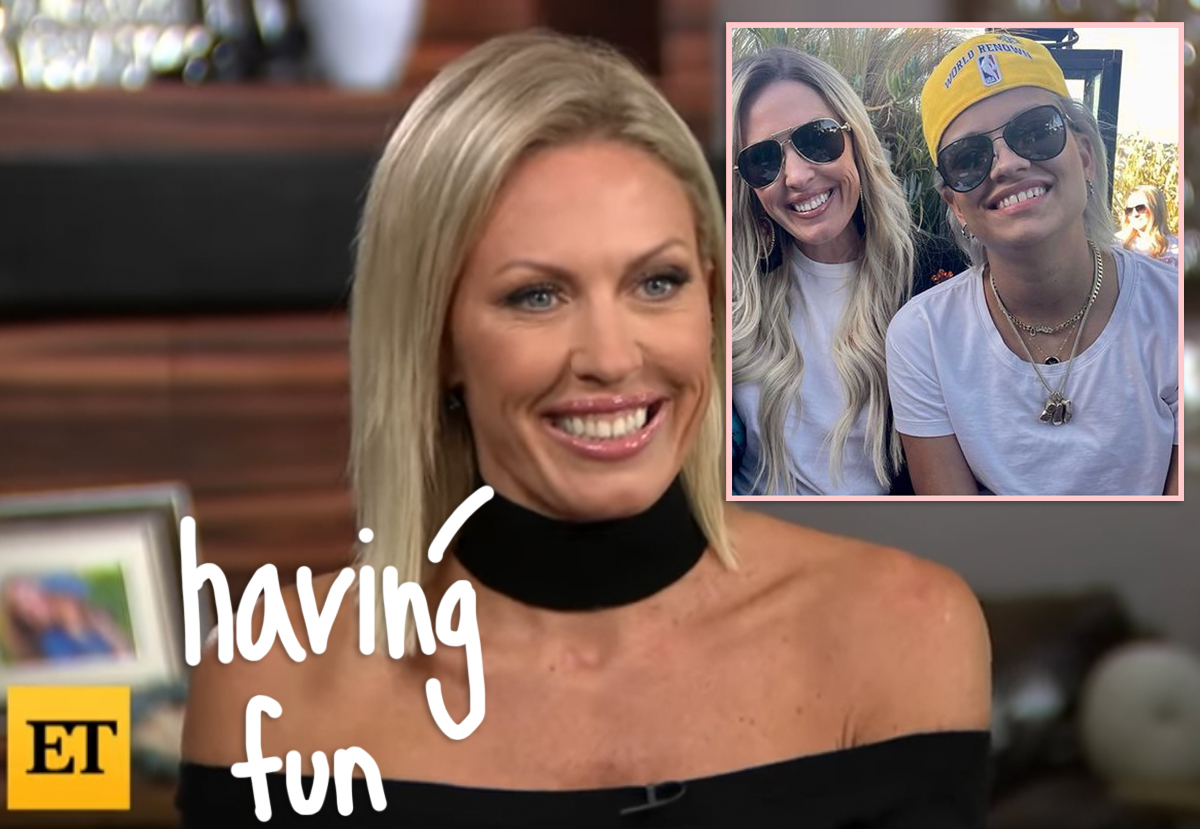#‘911’ Actor’s Lawsuit Over COVID Vaccine Firing Heads to Trial In Major Test for Studios

20th Television must face a religious discrimination trial for firing Rockmond Dunbar, an original castmember on 911, after he refused to take the COVID-19 vaccine, marking the second ruling to clear the way for trial a lawsuit against a studio over terminations triggered by vaccine mandates amid the pandemic.
U.S. District Judge Dolly Gee found on Friday that 20th may have discriminated against Dunbar for declining to provide him a religious exemption to the vaccine as a follower of the Church of Universal Wisdom. The trial will assess whether he had a sincerely held religious belief within the meaning of civil rights laws that conflicted with the vaccine mandate and if reasonable accommodations could have been offered allowing him to continue acting on the series without endangering others or causing undue hardship to the studio.
If 20th is found to have engaged in religious discrimination in the trial, the decision could threaten how studios approach exemptions to vaccine mandates if they are reimplemented in the future. Dunbar claimed that his request for an exemption was denied after Disney determined that he was not a true believer in the Church of Universal Wisdom. An exemption request from General Hospital’s Ingo Rademacher, who was fired from the series after refusing the vaccine, was similarly rejected after Disney, which owns ABC, questioned the sincerity of his belief in a book called The Revelation of Ramala. It appears that Disney vetted exemption applications on a case-by-case basis, investigating whether the religions constituted true religious institutions and whether applicants actually followed the beliefs.
Friday’s ruling comes on the heels of a Los Angeles judge concluding in February that ABC may have engaged in religious discrimination against two former General Hospital crewmembers, who sued the network after they were fired for refusing the vaccine. In that case, the court will similarly evaluate whether James and Timothy Wahl had religious beliefs that ABC should have accommodated by affording them exemptions and offering them certain workarounds to mandatory vaccination policies.
In 2022, Dunbar sued 20th and Disney, which owns the TV production arm of 20th Century Studios and has been dismissed from the case, after he was fired for refusing to comply with vaccine mandates. The return-to-work protocols, which were agreed upon by Hollywood’s guilds and studios, stated that vaccines could be required for those working in “Zone A” of a production — typically a project’s main actors, as well as key crewmembers who work closely with them in the highest-risk areas of the set.
In response to an alleged violation of Title VII of the Civil Rights Act, which bars discrimination on the basis of race, religion and sex, among other things, 20th contested the sincerity of Dunbar’s beliefs. It stressed that he had repeatedly taken actions contradicting tenets of the Church of Universal Wisdom by undergoing certain medical procedures less than a year before refusing the vaccine.
Dunbar answered by claiming that he communed with God, who allegedly made exceptions and “permitted [him] to act differently,” he attested to the court. According to the actor, he was also told “that the COVID-19 vaccine was made from evil and that it will compromise [his] spirit and that it was not for [him].”
The court expressed skepticism at the assertions, explaining that communing with God is not a “blanket privilege that undermines our system of ordered liberty.” She also noted that Dunbar’s original request for an exemption only mentioned unspecified medical issues, not any sort of religious objection.
In a similar lawsuit against the San Diego Unified School District that went up to a federal appeals court, it was found that a request for an exemption could be denied on the grounds that the employee’s belief is not sincerely held or that such an exemption would pose an “undue hardship” by burdening the employer through the increased risk of spreading COVID-19 to others.
Still, Gee stressed that the Supreme Court has observed that the “determination of what is a religious belief is more often than not a difficult and delicate task.”
“And so it is here,” the judge wrote. “Defendants identify evidence that seems to undermine the sincerity of Dunbar’s religious beliefs, but Dunbar has also presented evidence that suggests—under a lower than preponderance burden—that his beliefs are strongly held and genuine nonetheless.”
Under Title VII, employers must provide a reasonable accommodation as long as it does not cause “undue hardship,” which federal courts have found to include the increased risk of COVID-19 exposure and transmission. In the trial, jurors will determine whether 20th could have provided Dunbar a workaround to getting the vaccine without endangering others.
On this issue, the court emphasized that the return-to-work agreement barred unvaccinated actors from being on set with minors under the age of 12 and others for whom the vaccine was not yet available. In September 2021, the 911 cast included three minors, one of whom played Dunbar’s child on the series.
The remainder of Dunbar’s claims for race discrimination, retaliation and breach of contract, among others, were dismissed.
“There is no credible dispute that Defendants offered a legitimate, non-discriminatory reason for finding Dunbar in breach of the Agreement and terminating him—his non-compliance with the mandatory vaccine policy is a legitimate, non-discriminatory reason,” the order stated about the race discrimination claim.
Dunbar, who had over $1.3 million in his contract left to be paid out, will also not be able to pursue punitive damages in the absence of evidence that anyone acted with malice or recklessness in denying him a religious exemption.
20th and Disney did not immediately respond to requests for comment.
Last month, a Los Angeles judge ruled against ABC on summary judgment and allowed a religious discrimination claim under the Fair Employment and Housing Act to go to trial against the network. The court suggested that accommodations could have been provided to General Hospital crewmembers, who sought and were denied religious exemptions, by allowing them to follow safety protocols that were in effect from July 2020 to the fall of 2021, before vaccine mandates were instituted. During this time, the production did not have an outbreak of the virus, lawyers for the crewmembers claimed.
The ruling was issued on the heels of ABC defeating a similar lawsuit from Ingo Rademacher over his dismissal from General Hospital for refusing to get the COVID-19 vaccine. Unlike with crewmembers who were not in close, unmasked contact with others, the court found in that case that it was impossible for unvaccinated actors to safely work on set during the pandemic due to the nature of their work.
If you liked the article, do not forget to share it with your friends. Follow us on Google News too, click on the star and choose us from your favorites.
If you want to read more Like this articles, you can visit our Social Media category.




